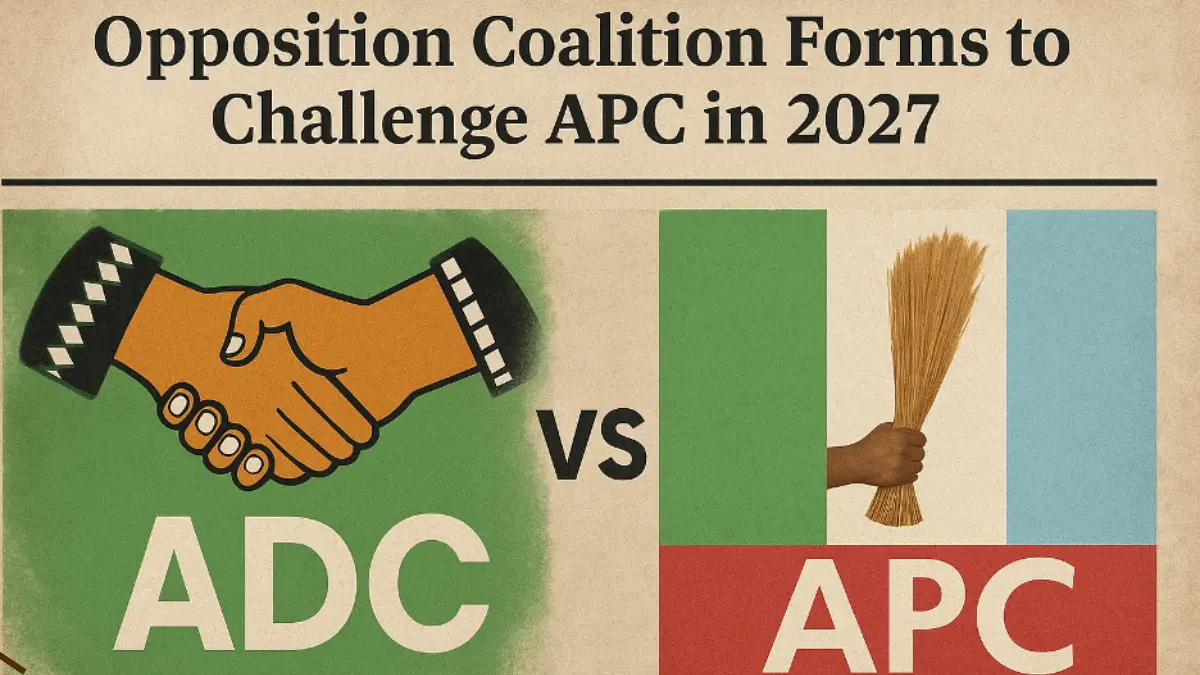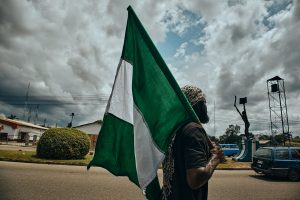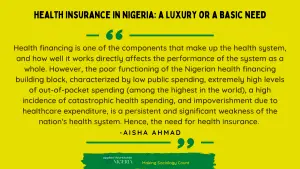Seeds of a Political Reset
A political storm is quietly brewing. Away from the noise of the usual games of power, a few opposition leaders, civil society activists, and disaffected insiders are trying to build a broad political coalition. Their goal is simple but ambitious: to mount a credible challenge to the ruling All Progressives Congress (APC) in the 2027 general elections.
What is unique about this movement unlike previous attempts is the level of coordination that is taking place behind the scenes. This is not a panicked merger of parties two months away from an election. This is a slow, forced coalition driven by political forces who have learned the hard way that power does not come through noise.
Why Now? The Triggering Factors
The APC party has held power in the past decade, but its grip is slipping. The rising cost of living, coupled with economic austerity measures like the withdrawal of fuel subsidies and a series of tax reforms, has been a hard pill to swallow for citizens. From the naira’s free fall to rampant unemployment and endemic insecurity, the dream of a better Nigeria appears more elusive than ever.
The #EndSARS youth protests may no longer be making headlines in the news, but their flames still burn. The discontent is no longer as spontaneous, as disorganized. Groups that once worked in silos activists, technocrats, religious leaders, and even former APC loyalists are now coming together under a new alliance.

The Brains Behind the Coalition
This is not a single-man revolution. At the forefront of the movement are members from several political zones who have, in the past, competed singly and lost. These are seasoned people, battle-tested and significantly tired of playing second fiddle. The shared experience of loss has forged a new kind of unity.
Civil society organizations are also playing a more proactive role, serving as mediators and policy advisers rather than critics. Murmurs from negotiating chambers indicate the involvement of former presidential candidates, youth-led political parties, and progressive governors willing to abandon the current power calculus.
What’s being formed is less a coalition of convenience and more of an ideological front. Power-sharing deals are being drafted. Pre-election pacts are being signed. This time, everyone seems to understand that a handshake must be followed by accountability.
Blueprints, Not Slogans
Gone are the days of promises. The new coalition is drafting what insiders call a “Governance Compact.” This is no manifesto; it’s a project plan. It recommends five policy thrusts:
Community-Based Policing: Decentralized national security with more state and local control.
Fiscal Devolution: Allowing states to generate and manage a larger share of their revenues.
National Infrastructure Corps: Jobs-first approach linking national development and youth employment.
Education for Innovation: STEM-based educational reforms and access to student loan programs.
Judicial Autonomy: Reforms to depoliticize appointments and restore confidence in the legal system.
Each idea is backed by timelines, budget estimates, and implementation roadmaps. It’s a far cry from the grandiose “Change” or “Next Level” rhetoric of yore.
Challenges Ahead
Coalitions are fragile by nature. Egos clash, ambitions collide, and betrayal is always an option. But this time, mechanisms are being put in place to manage them, rotating leadership roles, joint campaign financing, and internal dispute resolution councils.
However, the challenges are colossal. The APC remains saddled with an incumbency advantage. State institutions, including INEC, have not fully regained public trust. Ethnic and religious fault lines are easily manipulable.
More so, history is a stubborn teacher. The 2014 merger that brought the APC to power started with a promise but gradually fell apart due to unresolved grievances. The new opposition bloc is trying hard not to make the same mistakes, yet good intentions do not cut it in Nigerian politics.
Youth, Media, and the War of Narratives
No serious coalition can ignore the power of Nigeria’s youth. With over 70% of the population under the age of 35, this group of people will decide the elections of 2027. The coalition knows and is positioning to engage them on their terms.
Beyond TikTok challenges and viral hashtags, youth-driven civic tech non-profits are being sought out for counsel. They’re building campaign transparency tools, donor trackers, and voter mobilization tools. There’s even a proposal to leverage influencers not just for influence, but for genuine, real-time community organizing.
It’s data-driven. The coalition is using polling, digital listening tools, and grassroots feedback to refine its messages and policies. That is, the young people aren’t just a target audience; they’re co-creators of the movement.
Can It Work? A Look at the Numbers and History
Analysts are hopeful, but wary. On the one hand, Nigeria has a history of dramatic political twists, from Obasanjo’s 1999 victory to the APC upset in 2015. On the other hand, Nigeria’s politics is notoriously unpredictable.
The biggest danger is not APC’s strength; it is the potential of the coalition to implode. Already, some have predicted that zoning and candidate disputes may endanger the fragile unity. But unlike in 2019, when coalitions were made late and at the surface level, this coalition is months ahead and still expanding.
There is also a visible effort to gain international legitimacy. The sessions with foreign observers, ECOWAS envoys, and democracy-focused NGOs are being arranged. Internationalizing its message, the coalition works to shrink the space for quiet rigging and soft coups.
Conclusion: 2027 or Never?
The coalition is not just a collection of power-seeking politicians. It is a manifestation of a growing realization that Nigeria needs a new kind of politics, one that listens, one that plans, one that works.
The 2027 elections will test their mettle. It will test their ability to hold together, to fend off the pressures of incumbency, and to connect with an impatient citizenry demanding change.
Whether this ends in victory or defeat, one thing is clear: the era of passive resistance is over. The political destiny of Nigeria is no longer being written by the powerful and mighty alone. The challengers do not wait for a miracle, they are building one.






